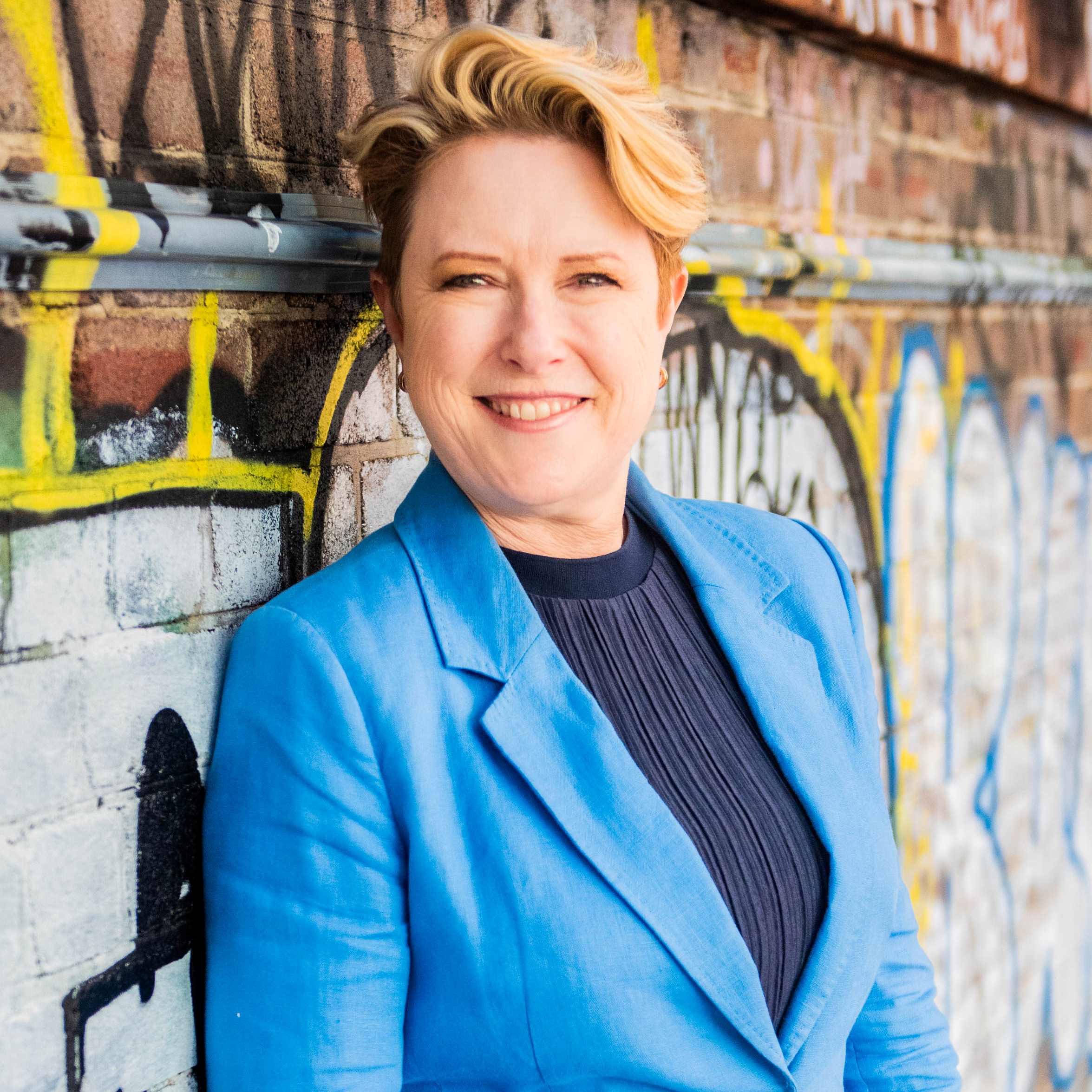Episode 5 Summary – Property Investment Fundamentals Every First Home Buyer Should Know
Are you a first home buyer wondering whether your purchase is also a good investment? In Episode 5 of the Your First Home Buyer Guide podcast, seasoned Buyer's Agents Veronica Morgan and Meighan Wells break down the property investment fundamentals that every first-timer must understand—whether you're buying to live in or looking to rentvest.
With nearly 50 years' combined experience, Veronica and Meighan explain why the concept of "investment-grade" property matters just as much for owner-occupiers as it does for investors. They share practical strategies to build long-term capital growth, debunk myths about yield, and give you a roadmap for making financially sound property decisions.
1. Why First Home Buyers Need an Investor Mindset
Even if you're planning to live in your first home for a long time, it's still a financial asset—and should be treated like one. Your first property can set the foundation for future wealth if chosen wisely. Veronica and Meighan stress the importance of buying a home with capital growth potential, which allows you to upsize or invest in the future without financial stress.
2. Investment-Grade vs. Investor Stock: Know the Difference
Too many first home buyers fall into the trap of buying what's known as "investor stock"—off-the-plan apartments, dual-key dwellings, and cookie-cutter units in high-density areas. These properties are often marketed heavily to first-time buyers and yield-chasers but lack long-term appeal. Investment-grade properties, on the other hand, are desirable homes that appeal to owner-occupiers and have scarcity, liveability, and location benefits that drive capital growth.
3. Yield Isn't Everything—Capital Growth Matters More
Yield—the rental return on a property—is often used as a selling point, but it's not the key to wealth. Veronica and Meighan explain that while yield can help with cash flow, it's capital growth that builds equity over time. The best assets usually have lower yields because they're in high-demand areas with stronger growth potential. They illustrate how chasing high yield at the expense of growth can leave you worse off long-term.
4. The Trade-Off Between Land Value and Improvements
One of the clearest insights in the episode is the distinction between land value and the building sitting on it. Rent comes from the building; capital growth comes from the land. Properties with a high land-to-asset ratio—especially in desirable suburbs—are more likely to appreciate in value. In cities like Brisbane, Veronica and Meighan look for properties where land makes up at least 40% of the overall value. However, this metric doesn't apply everywhere; in inner Sydney, for example, land value assessments can be misleading due to heritage overlays and market demand.
5. Understand What Drives Capital Growth
At its core, capital growth is driven by demand. The more people who want to buy a property like yours, the more competition and the higher the price. Veronica calls this the "Wheel of Fortune" effect—certain homes generate buzz from the second you pull up, while others are instantly forgettable. Buying an "A-grade" property means future buyers will compete for it too. The more competition, the easier it will be to sell at a premium later.
6. The Golden Rule: Hard to Buy = Easy to Sell
Veronica and Meighan flip conventional thinking on its head: if it's easy to buy now, it'll be hard to sell later—and vice versa. Many buyers avoid auctions or competitive bidding, but these are often signs that the property is in demand. A high-quality asset attracts emotional buyers, who pay more than investors ever will. This is essential for both resale value and rental appeal.
7. Red Flags: What Makes a Property Hard to Sell
The duo also covers what to avoid. Properties on main roads, next to train lines, backing onto commercial zones, or in flood-prone areas are typically harder to sell—especially in a slow market. Even within the same suburb or street, micro-level differences like elevation and overland flow risk can impact desirability and resale potential.
8. Local Knowledge is Key to Property Selection
The secret to choosing a strong-performing property is understanding the nuances of your chosen suburb. What drives demand in Brisbane may not apply in Sydney or Melbourne. Veronica and Meighan stress that only local knowledge can reveal which property types and streets are most sought after—critical information when aiming for capital growth.
9. Seven Key Fundamentals for Investment Assessment
When assessing a property's investment potential, they recommend analysing:
1. Location – Proximity to amenities like schools, shops, parks, and cafés.
2. Transport – Accessibility and commuting options.
3. Demographics – Who lives in the area and what types of homes they want.
4. Rentability – Condition, layout, and features that attract quality tenants.
5. Potential – Renovation or development scope.
6. Supply – Competing stock levels (e.g., oversupply of two-bedroom units).
7. Affordability – Can local tenants afford the rent needed to make the investment viable?
These criteria help buyers avoid poor-performing assets and instead choose properties with long-term demand and flexibility.
10. Beware of Buying for Tax Deductions
Too many buyers are lured into property investment for the tax benefits, like depreciation or negative gearing. But as Veronica says, "You don't buy property to save on tax—you buy it to make money." Tax perks should be the cherry on top, not the reason for buying. They warn that new builds often maximise deductions but compromise capital growth, which defeats the purpose of long-term investing.
11. Rentvesting? Don't Try to Self-Manage
If you're buying to rent it out, don't cut corners by self-managing the property. A good property manager can save you from legal risks, dodgy tenants, and expensive maintenance issues down the line. They offer objective oversight and keep your asset in top condition. Meighan explains that professional management is an essential cost, not an optional extra.
12. Strata Management Matters Too
For buyers considering apartments, strata management is another critical factor. You don't get to choose your strata manager, but you do choose the building you buy into. Poorly managed complexes lead to long-term headaches—think unexpected levies, poor maintenance, or neighbour disputes. A good strata report gives insight into how well the building is run, which directly affects your investment's performance.
Final Thought: Knowledge Is the Best Investment
Whether you're an owner-occupier or a rentvester, understanding investment fundamentals will help you avoid costly mistakes. Veronica and Meighan don't just offer theoretical tips—they provide real-world guidance grounded in decades of experience. Their key message? Buy a quality asset in the right location, and you'll set yourself up for long-term financial freedom.
👉 Ready to get started? Check out THE First Home Buyer Course.




